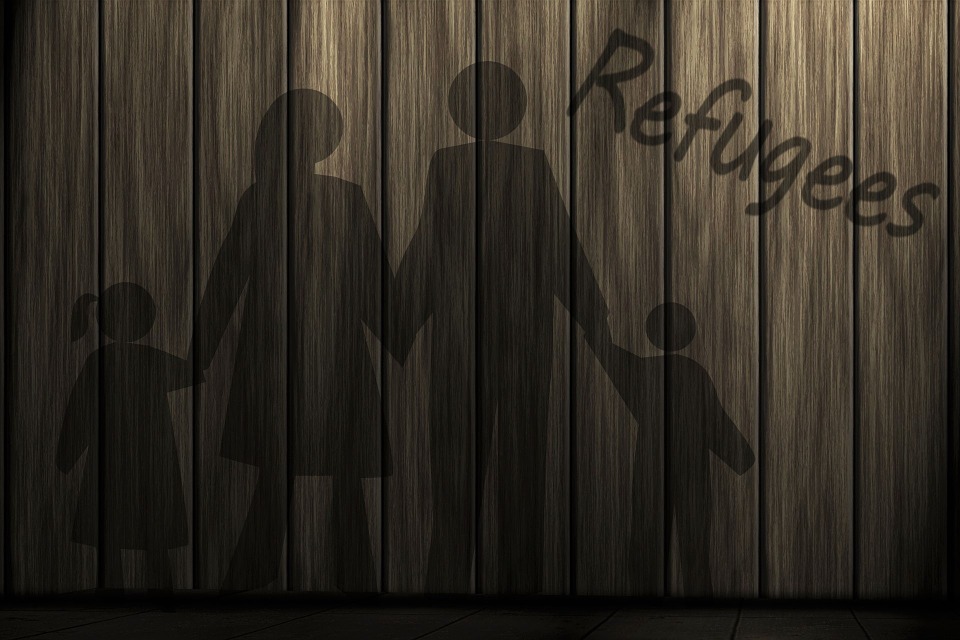The Senate Committee on Human Rights Finds that the Government Needs to Do More to Help Syrian Refugees, Starting Immediately
Though Canada has been welcoming Syrian refugees with open arms over the past few months, recent findings by the Senate committee on Human Rights has found that we are not doing enough. Since May, the committee has been investigating the integration of newly arrived refugees and their families into the country.
Debt Reduction
After various interviews with the newcomers as well as refugee advocates in Montréal, Toronto, and Ottawa, the committee has asked the government to scrap a travel loan program that has some Syrians repaying up to $10,000 in travel costs. Syrians that have arrived since the Liberal government came into power do not have any debt associated with travel costs, and Immigration Minister John McCallum has considered ending the loan program and forgiving the debt of refugees that had previously entered the country; however, no action has yet been taken to eradicate the program.
Mental Health Treatment
Many refugees arriving in Canada have endured years of war and conflict, often resulting in trauma and mental health problems. The committee is asking the government to develop a national strategy for all three levels of government to treat mental health problems suffered by refugees. The committee heard firsthand how these newcomers are coping after the atrocities they have witnessed and experienced, and one Senator has said post-traumatic stress disorder should be among the Canadian government’s top priorities.
More Support with Integration
The committee not only wants to see the Canadian government welcome refugees, but support their transition into Canadian society as well. Various measures have been suggested to ease this transition, including accelerating the disbursement of child tax benefits for refugees, reducing the economic burden of refugees through loans and grants for transportation and other necessary expenses, increasing funding for language programs along with childcare for parents who are attending classes, and providing more adequate programming for youth to support their unique challenges in the transition to Canadian society.
Differences in Treatment
Most importantly, the committee has requested the Canadian government end the different treatment of refugees based on category, especially between Syrian and non-Syrian refugees. Application processing times for services vary depending on when refugees have arrived in Canada, whether they are privately sponsored or have come into the country on government assistance, as well as other varying factors.
Many committee members were affected by the stories they heard while conducting interviews with Syrians. A full report will be released in the fall, but the committee hopes the government will take action starting immediately.
For anyone sponsoring a family or trying to support newcomers in their community, refugee law offices are available to help you with any questions you may have. Law offices hope to continue serving refugees and newcomers as they navigate the Canadian legal system in their journey to citizenship, and supports all Canada’s efforts to better support the needs of Syrians settling in the country.
Share this article
Arghavan Gerami
Arghavan Gerami is the Founder and Senior Counsel at Gerami Law Professional Corporation ('PC'), a full-service immigration law firm in Ottawa, Ontario. Since 2011, Ms. Gerami has focused her practice on immigration and refugee litigation. Prior to that, Ms. Gerami worked at the Ministry of Attorney General and the Department of Justice and had the privilege of serving the Honourable Mr. Justice M. Evans at the Federal Court of Appeal on immigration and administrative law appeals. Ms. Gerami contributes to the Immigration Law Section of the Canadian Bar Association, the Canadian Association of Refugee Lawyers, and the United Nations High Commissioner for Refugees. Ms. Gerami has also published numerous journal articles and presented at various immigration and refugee law conferences and events across Canada.

